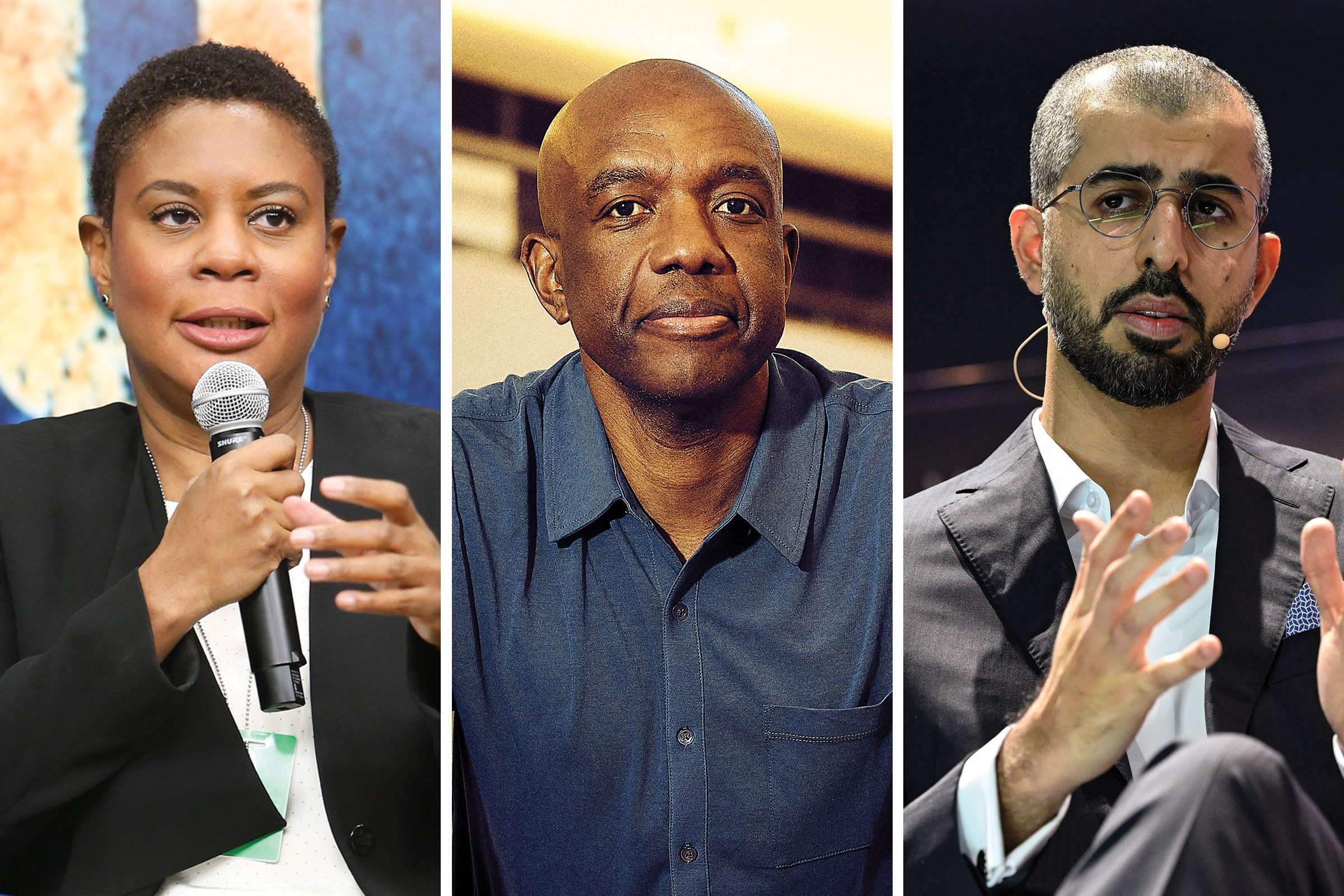
U.N. Secretary-General António Guterres unveiled Thursday a new advisory body dedicated to developing consensus around the risks posed by artificial intelligence and how international cooperation can help meet those challenges.
While the body will have little power itself, its recommendations could decide the form and function of a U.N. agency for the governance of AI, an organization that many believe will be required as the world confronts the complex set of issues the technology will pose.
“Without entering into a host of doomsday scenarios, it is already clear that the malicious use of AI could undermine trust in institutions, weaken social cohesion, and threaten democracy itself,” said Guterres, speaking at the announcement press conference. “For all these reasons, I have called for a global multidisciplinary, multistakeholder conversation on the governance of AI, so that its benefits for all of humanity are maximized, and the risks contained are diminished.”
Read more: How the U.N. Plans to Shape the Future of AI.
The new group is one of several international AI initiatives already underway, including the upcoming U.K. AI Safety Summit and G7 AI code of conduct. The UN advisory body’s 39 members hail from a diverse range of countries and sectors, including government, civil society, academia, and industry. Five of the members were recently named in TIME’s inaugural list of the 100 most influential people in AI: UAE minister of artificial intelligence Omar Al Olama, cognitive scientist Abeba Birhane, Google executive James Manyika, researcher and policy adviser Alondra Nelson, and computer science professor Yi Zeng.
In a background briefing on Wednesday, a senior U.N. official said that the group was selected by the office of the U.N. Secretary-General’s envoy on technology, with input from other U.N. organizations, such as the United Nations Educational, Scientific and Cultural Organization (UNESCO).
Asked about potential conflicts of interest for its members, the official said that “impartiality will come about organically because of these kinds of various interests being put together on the table.”
Read More: The 2023 TIME 100/AI.
As TIME has previously reported, the advisory group will publish an interim report by the end of 2023, which will present “a high-level analysis of options for the international governance of artificial intelligence.” Its final report will be published by Aug. 31, 2024, and “may provide detailed recommendations on the functions, form, and timelines for a new international agency for the governance of artificial intelligence.”
U.N. Secretary-General’s envoy on technology, Amandeep Gill, told TIME that, if the political will to establish a U.N. AI agency exists at the time of a planned summit next fall, the body’s recommendations could guide the form that the new agency could take.
”The U.N. has a unique role to play. It has decades of experience in the management of challenges around emerging technologies,” said Gill at the announcement press conference. “We’ll build on that foundation and on the credibility and convening power of the U.N. to deliver a unique, global public good for the governance of AI for all humanity.”
The advisory body’s first meeting, at which co-chairs will be selected, will take place on Oct. 27.
